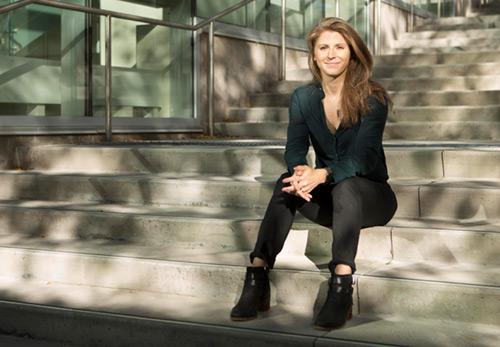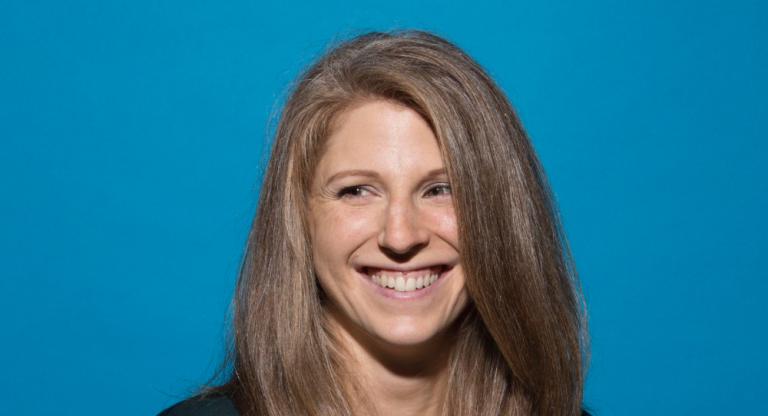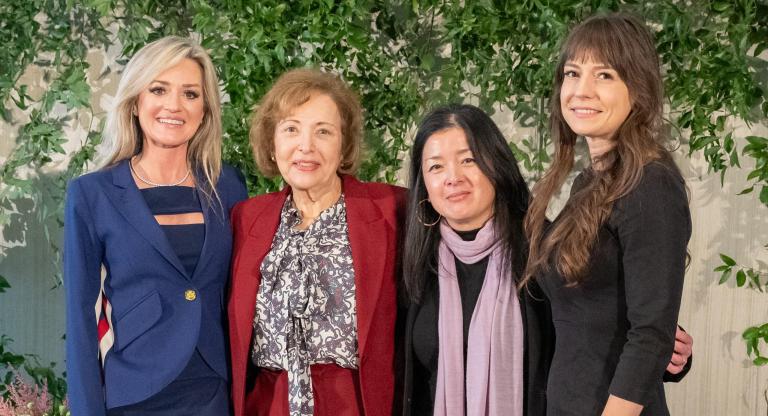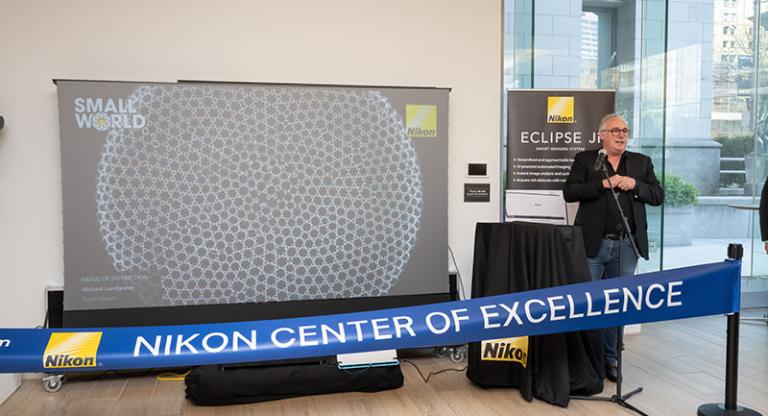Behind the movement of women supporting women in health care

If there’s a science behind breaking the glass ceiling for women in health care, Sinai Health researcher Dr. Carolyn Steele Gray is hoping to discover it.
The Lunenfeld-Tanenbaum Research Institute and Hennick Bridgepoint Hospital scientist is a member of a powerhouse team of women behind Women Who Lead, a volunteer-led organization with the sole mission of increasing the number of women in senior leadership positions in health care.
“Health care is a female-dominated space yet it’s not female-dominated in the leadership space,” Dr. Steele Gray said. “I was shocked at how so little has changed in the last 30 years. Issues like pay equity, imposter syndrome and a lack of diversity are persistent problems.”
In November 2017, the World Health Organization (WHO) established the Gender Equity Hub, co-chaired by WHO and Women in Global Health. It found women comprise 70 per cent of the health workforce worldwide but only occupy 25 per cent of health leadership positions, and the gender pay gap results in women making 26 per cent less than their male colleagues.
Founded by Toronto scientist Dr. Laura Desveaux, Women Who Lead aims to inspire and equip female leaders across Canada with the skills required for career advancement and leadership.
As Research Manager, Dr. Steele Gray is using her expertise in case study and qualitative research methods to identify the various barriers women face daily in their professional lives so they can offer training and mentorship opportunities on the topics that matter most to women in the industry.
“It’s an opportunity to learn and create a movement for people who are experiencing challenges and highlight what successful people have been able to do and why,” Dr. Steele Gray said. “Ultimately we want to mobilize this impressive group of women to make the structural changes needed to see more intersectional equity in the health-care system.”
Since its creation in 2018, Women Who Lead has offered webinars and in-person panels on systemic racism in health care, overcoming imposter syndrome and resiliency and burnout, among others.
To date, Dr. Steele Gray has worked with the Women Who Lead team to survey about 500 women in an effort to identify patterns and problems that are persistent in the industry. Moving forward, she hopes they can continue to learn from their network so they can tailor the activities to create more capacity for women in senior leadership positions while also expanding their advocacy role.
“The identity of womanhood is intersectional and more complex than any of us ever imagined,” she said. “It’s our goal to create spaces in health care that are more inclusive and open.”









